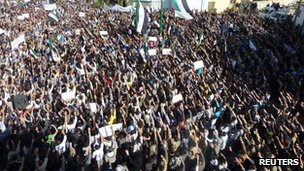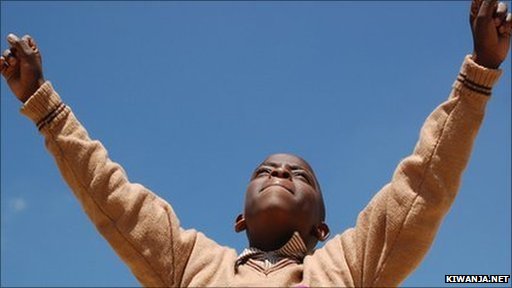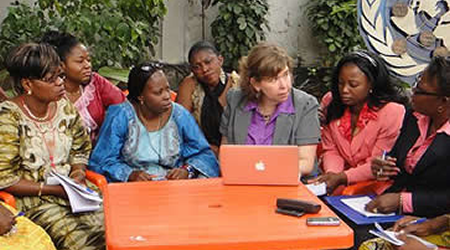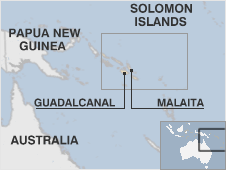 Liberia’s November 8 Presidential runoff was marred by a rally turned violent as opposition supporters clashed with the riot police. The Ushahidi platform, a website developed to map reports of violence during the 2007 Presidential elections in Kenya, was once again in use to keep citizens informed on elections proceedings.
Liberia’s November 8 Presidential runoff was marred by a rally turned violent as opposition supporters clashed with the riot police. The Ushahidi platform, a website developed to map reports of violence during the 2007 Presidential elections in Kenya, was once again in use to keep citizens informed on elections proceedings.
Incumbent Ellen Johnson Sirleaf won re-election clinching 90% of the November 8 run-off despite a relatively low turn out of 37%, prompted by the boycott of opposition candidate Winston Tubman from the Congress for Democratic Change (CDC) on the basis of electoral fraud.
Ushahidi provides maps on various aspects of the electoral process, including the violent protests that took place in the capital Monrovia in the lead up and after the runoff.
The rioting broke out after thousands of CDC supporters gathered outside party headquarters to urge voters to boycott polls. BBC confirms that at least one man has been killed and four others injured after shots were fired by the police.
Despite the runoff boycott, Tubman is willing to work with Johnson-Sirleaf’s government.
“I will stick with my party and maybe we can find someone in our party who can deal with the Unity Party government and Mrs Sirleaf to bring about reconciliation,” he told the BBC’s Network Africa programme.
Observers, including those from the Economic Community of West Africa States (ECOWAS), declared the election process to be credible.
“The mission wishes to state that it found no major irregularities in the voting process itself. It considers, on the whole, that the elections of 8 November met the acceptable conditions of being free, fair and transparent,” the ECOWAS observer team said in a statement.
These are the first elections organised by Liberians since the 14-year conflict ended. The previous ones were run by the large UN peacekeeping mission.













































